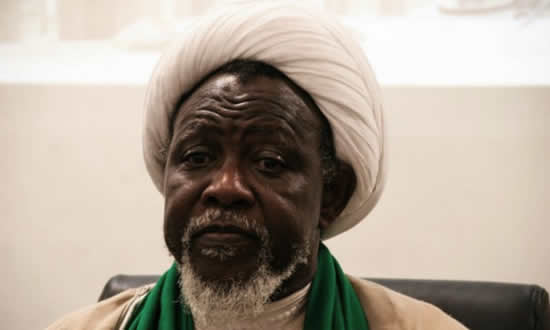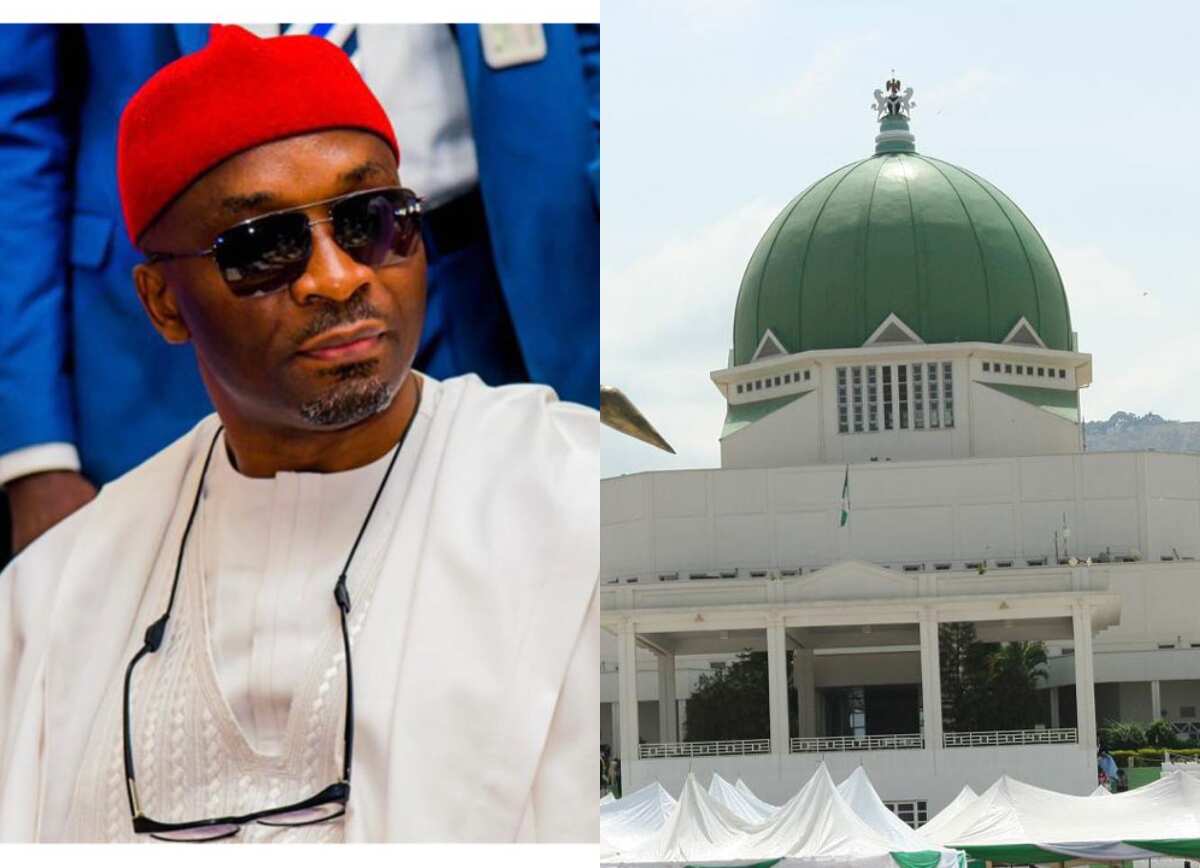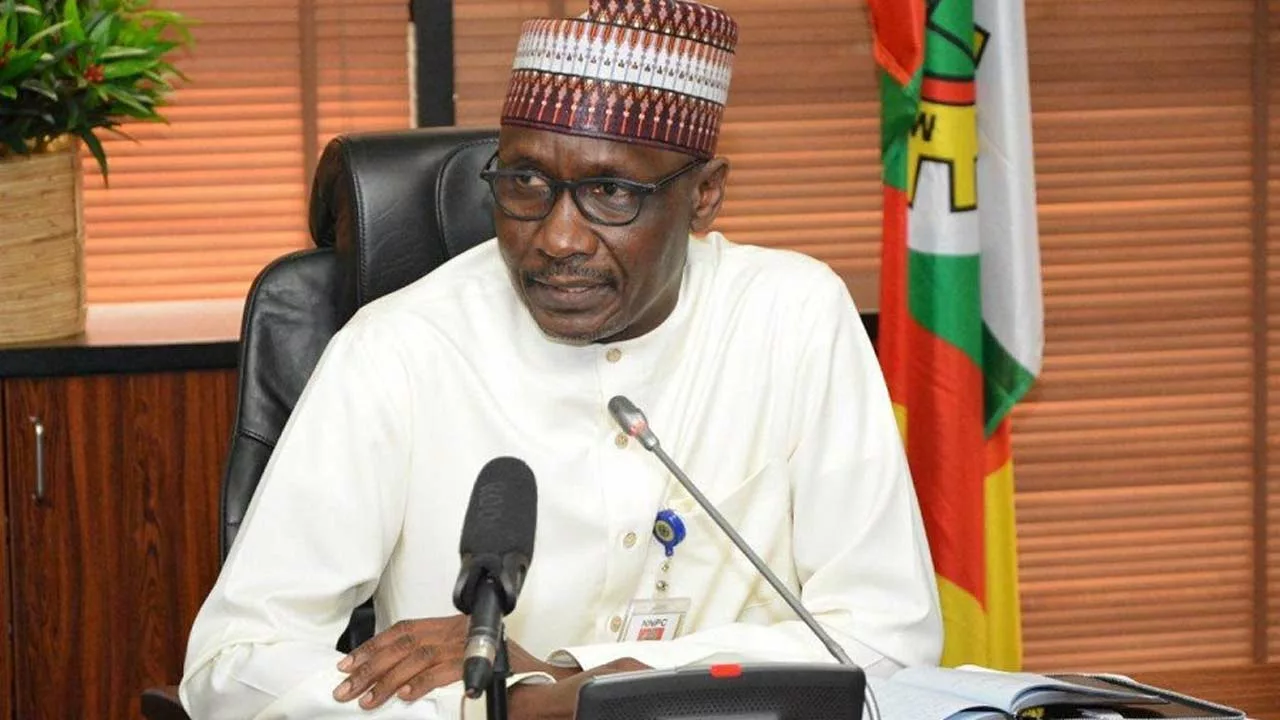The Kaduna State government has issued fresh conditions that must be met before it facilitates the release of the leader of the Islamic Movement in Nigeria, IMN, Ibrahim El-Zakzaky following the subsisting court order.
A Kaduna High Court had on Monday ordered the release of El-Zakzaky and his wife to enable them to travel to India for treatment. The ruling followed an application by his counsel, Femi Falana (SAN).
Reacting to the judgment, the Kaduna State government in a statement issued commissioner for Internal Security and Home Affairs, Samuel Aruwan said although the state had set in motion processes of appeal, it would not seek stay of execution of the ruling because it believes that people should have access to treatment.
The statement highlighted some of the fresh conditions to include "confirmation of his appointment with the hospital by the ministry of foreign affairs; an undertaking by the defendants to produce two prominent and reliable persons as sureties, one being a first-class chief/emir of national repute and the other a prominent person within Kaduna State who shall undertake to produce the defendants whenever they are needed.”
The statement reads in part
In compliance with the court ruling, the Kaduna State Government has filed at the Kaduna High Court terms for strict supervision of the medical leave, as follows:
- The Ministry of Foreign Affairs of the Federal Republic of Nigeria shall confirm the appointments of the defendants/applicants with the Medanta Hospital, India, and undertake all necessary diplomatic arrangements and protocols to ensure compliance with the conditions of the medical leave.
- Each of the defendants/applicants shall undertake to return to Nigeria to continue their trial as soon as they are discharged from the hospital, and shall also be responsible for the cost of their travel, treatment and living expenses while on their medical leave.
- Each of the defendants/applicants shall produce two prominent and reliable persons as sureties, one being a first-class chief/emir of national repute and the other a prominent person within Kaduna State who shall undertake to produce the defendants whenever they are needed. The sureties must also produce evidence of landed property within Kaduna State.
- The Federal Government of Nigeria shall obtain from the Government of India an irrevocable guarantee that it will not entertain any application by the defendants/applicants or any third party seeking asylum under any guise or conferring the status of political prisoners or any other status aside from being medical patients on the defendants/applicants and shall also restrain the defendants/applicants from any act inimical to the corporate existence of Nigeria.
- Each of the defendants/applicants shall undertake in writing, endorsed by their Counsel, that while on medical treatment in India, they shall do nothing to jeopardize the ongoing trial, the peace, and security of Nigeria and the laws of the Republic of India in whatever form.
- Security agents of the Federal Government of Nigeria shall escort the defendants/applicants and remain with them throughout the duration of their treatment in India and thereafter shall return with them after their discharge from the hospital.
- The Nigerian High Commission in India shall undertake prior vetting and grant consent before any visitor has access to the defendants/applicants while in the Republic of India.
As is readily evident from the above, many of these terms of supervision depend for their actualization on actions by the Federal Government of Nigeria which is the sovereign power vested with the constitutional responsibility for foreign affairs.
While the Kaduna State Government respects the court’s ruling on medical leave, it disagrees with the premises on which it is based. Therefore, an appeal will be lodged on the matter, but a stay of execution will not be sought as the state government believes that a person may choose to travel abroad for any medical condition at his own cost.












